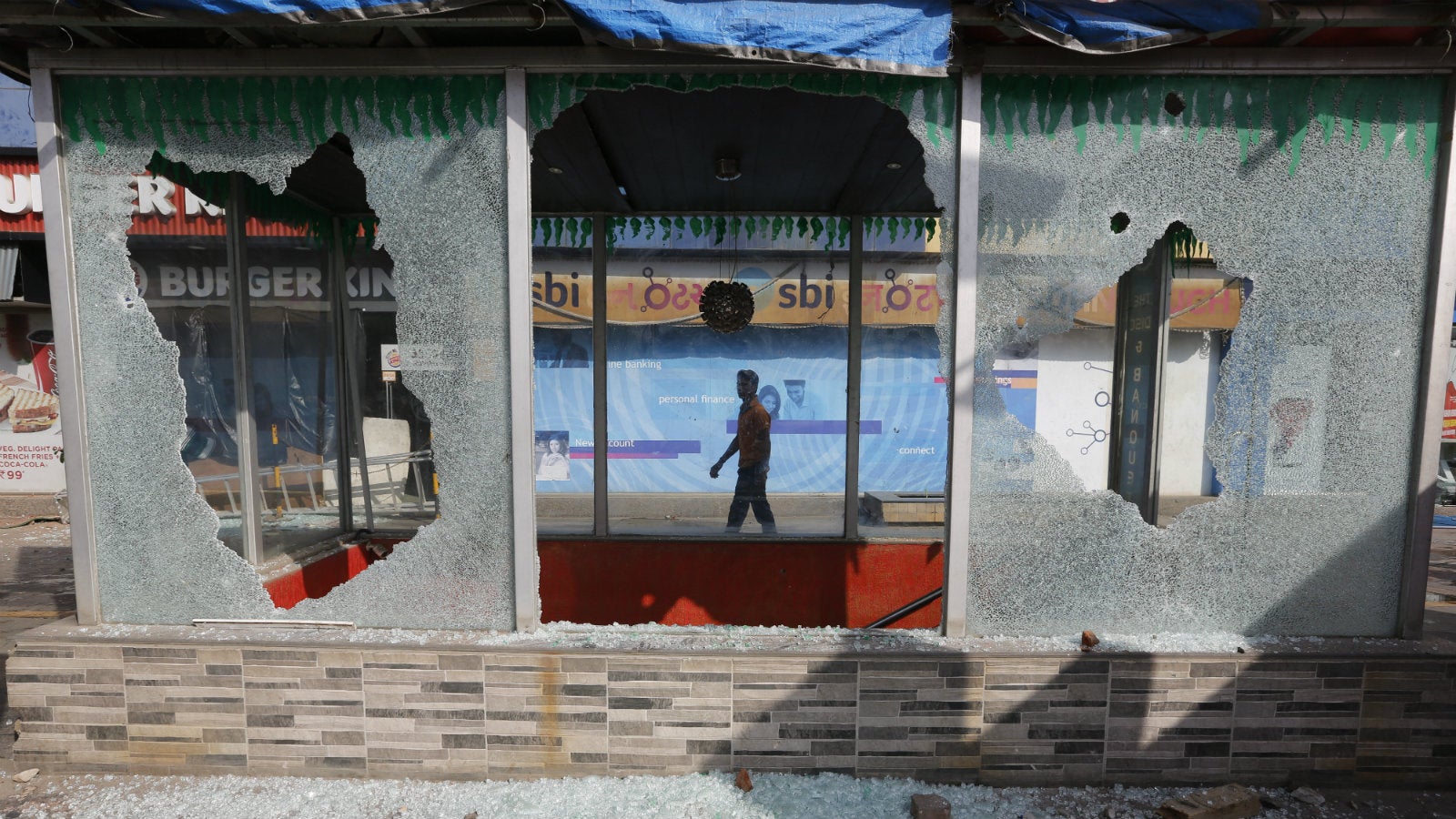The rampaging Karni Sena is proof of India’s barbaric, medieval heart
In 1947, as it gained independence at long last, the Indian subcontinent also convulsed in cataclysmic violence, leaving up to two million butchered. In the face of this calamity, such was the intent to restore the rule of law that none less than the prime minister of the country jumped amidst rioting mobs to physically fight them into a stop.


In 1947, as it gained independence at long last, the Indian subcontinent also convulsed in cataclysmic violence, leaving up to two million butchered. In the face of this calamity, such was the intent to restore the rule of law that none less than the prime minister of the country jumped amidst rioting mobs to physically fight them into a stop.
In hindsight, such an act may seem maniacal. But it was indicative of the idealism of a fledgeling nation.
Tomorrow, Jan. 26, the world’s largest democracy will celebrate, in all its pomp and gaiety, the 69th Republic Day, commemorating the adoption of the constitution. A tapestry of the nation’s defence, economic, social, and cultural markers will be paraded in New Delhi. Witnessing it will be the heads of an astounding 10 countries—all from the Association of Southeast Asian Nations (ASEAN).
But in all likelihood, the visuals that will linger in Indian minds, and shock the visiting dignitaries, will be those of frightened kids inside a schoolbus, ducking the stones pelted at them by rampaging mobs—and the sheer inaction of authorities in the face of such outrage.
That would be the picture of a nation desperately aspiring modernity while nursing a barbaric, medieval heart.
For a few months now, a handful of protesters from the community of Rajputs, claiming stellar martial traditions, have been up in arms against a Bollywood film, Padmaavat, set for release on Jan. 25. Alleging that the movie insults the memory of venerated medieval princess Padmavati, they have issued threats of death and bodily mutilation against the lead actors, besides general mayhem. In fact, some women had even threatened mass suicide—the beautiful princess earned her halo by choosing death over violation by an invading Muslim king.
While the current uproar is said to have its roots in the crude politicking ahead of the December 2017 elections in key states, the genie isn’t going back into the bottle anytime soon. By now, many northern and western Indian states are on fire. Cinema halls, vehicles, and commercial centres have come under attack, spearheaded by a group calling itself Karni Sena.
A number of aspects stand testimony to this ridiculous state of affairs.
First, the attack on schoolchildren, shocking in itself, took place in the corporate, startup, and commercial hub of Haryana’s Gurugram district, just a few kilometres from the national capital. Coming less than 36 hours after prime minister Narendra Modi’s showcasing of a new India at the World Economic Forum in Davos, the irony was stark.
Second, this utter lawlessness flies in the face of the supreme court of India’s diktat to various state governments to ensure the movie’s release while maintaining law and order. Not only have the authorities failed to ensure peace, many officials and senior political leaders have even sided with the lumpens. That includes some from the opposition parties in the states.
Third, and perhaps the most ludicrous, is the very premise of this controversy. The movie is based on Padmavat, a venerated epic created by Sufi poet Malik Mohammed Jayasi. Historically, there is no connection between the princess and the Muslim invader, the two being “separated by 224 years and over 650 kilometres,” as the India Today magazine put it.
Public expression of rage, manufactured or otherwise, is normal and even important in a democracy. What is unnatural is the authorities’ consistent refusal to manage it at acceptable levels. The result is the frequent unleashing of animal instincts—and mind you, not the kind some expected after the WEF plenary session.
But then, such embers are the lifeblood of today’s India. Happy Republic Day.
We welcome your comments at [email protected].